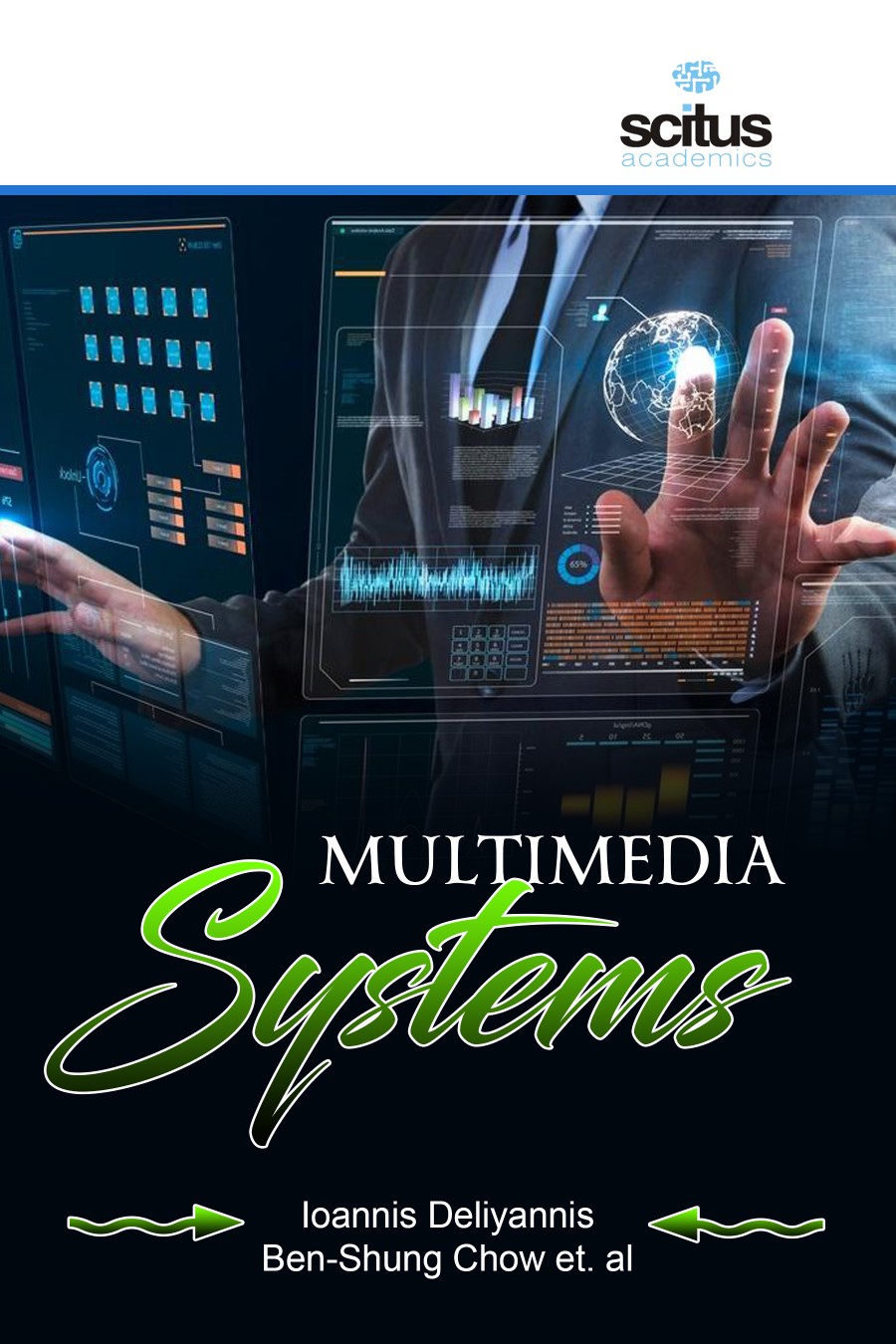Nowadays omnipresent and effortless digital data capture and processing capabilities offered by the majority of devices, lead to an unprecedented penetration of multimedia content in our everyday life. Multimedia is usually recorded and played, displayed, or accessed by information content processing devices, such as computerized and electronic devices, but can also be part of a live performance. The interdisciplinary nature of interactive multimedia systems requires the combination of various scientific, research and creative fields. This introduces research and developmental complexities as multiple factors have an impact on the interaction process: stochastic processes, content demands cultural factors and the user senses. Selecting the appropriate underlying developmental methodology that suits best the end-user and system demands is the requirement here. To make the most of this phenomenon, the rapidly increasing volume and usage of digitized content requires constant re-evaluation and adaptation of multimedia methodologies, in order to meet the relentless change of requirements from both the user and system perspectives.
Multimedia Systems provides readers with an overview of the ever-growing field of multimedia by bringing together various research studies, theories, methodologies and inventions in order to form novel applications and systems. It details innovative ideas, emerging technologies, state-of-the-art methods and tools in all aspects of multimedia computing, communication, storage, and applications.













